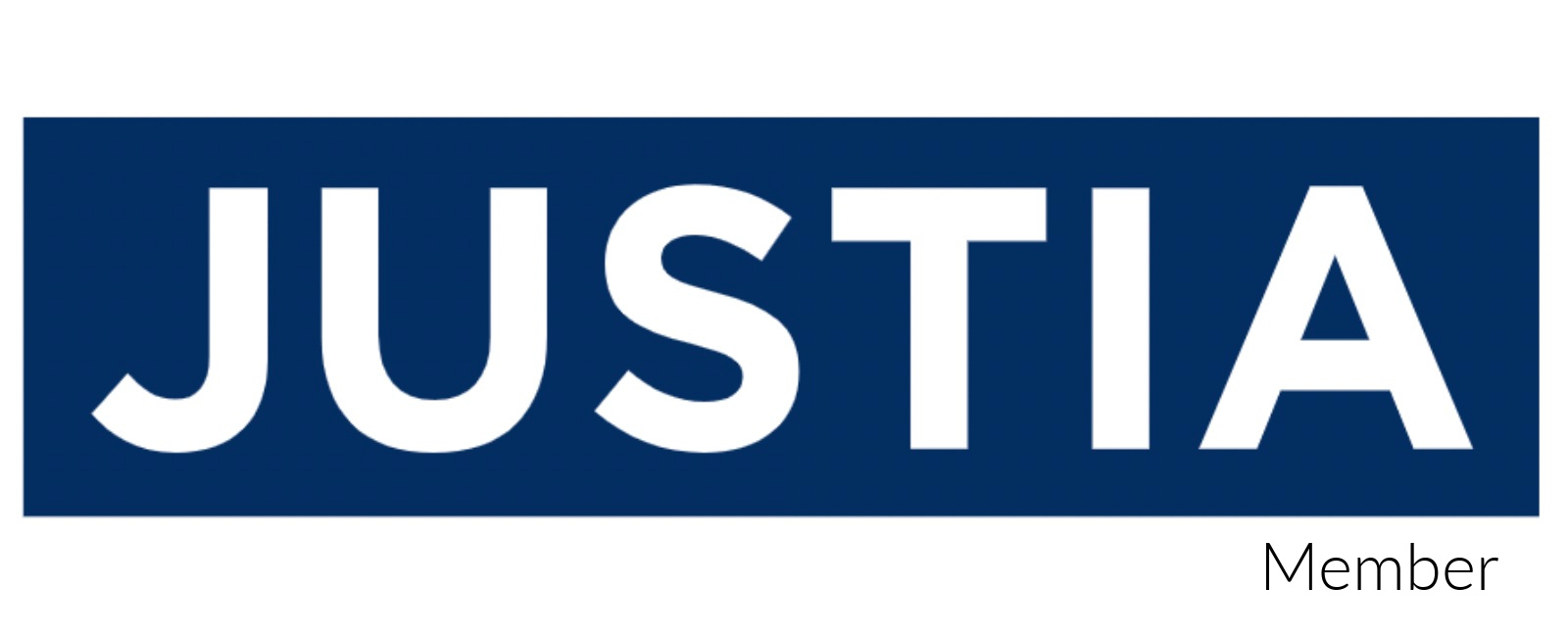- Contact Us Now: (877) 276-5084 Tap Here to Call Us
How long do trade secrets last?
Vondran IP Litigation
Legal Issue: How Long Do Trade Secrets Last?
Trade secrets are a vital component of many businesses, offering protection for valuable information that provides a competitive edge. But how long do these trade secrets last? Let’s delve into the intricacies of trade secret protection, the duration of their validity, and the legal frameworks that support them.
A trade secret is any information that is not generally known or readily accessible to the public, provides economic value or a competitive advantage to its holder because of its secrecy, and is subject to reasonable efforts by the holder to maintain its confidentiality. Examples of trade secrets include the formula for Coca-Cola, Google’s search algorithm, customer lists, and proprietary manufacturing processes. Unlike patents, which have a finite term (typically 20 years from the filing date), trade secrets can theoretically last indefinitely. The key to the longevity of a trade secret lies in its secrecy. As long as the information remains confidential and continues to provide an economic advantage, it can be protected as a trade secret.
To ensure the protection of a trade secret, companies must take appropriate steps to maintain its secrecy. These measures can include non-disclosure agreements (NDAs) with employees, contractors, and business partners to prevent them from disclosing confidential information, physical security measures like locked rooms or safes, digital security measures such as encryption and firewalls, and employee training on the importance of maintaining confidentiality. Limiting access to trade secrets is also crucial, with only those who need to know the information for their job duties having access. Regular monitoring and enforcement of these measures, including internal audits and security reviews, are essential to address potential leaks or breaches.
Trade secrets can lose their protection if the information becomes publicly known through no fault of the owner, if the owner fails to take reasonable measures to keep the information secret, if someone independently discovers the information without using improper means, or if the information is legally disclosed during legal proceedings. Both federal and state laws in the United States provide frameworks for trade secret protection. The Defend Trade Secrets Act (DTSA) of 2016 offers a federal framework, allowing trade secret owners to bring civil lawsuits in federal court for misappropriation, with remedies including injunctions, damages, and attorney’s fees. In California, the Uniform Trade Secrets Act (UTSA), codified in California Civil Code Sections 3426-3426.11, provides similar protections and remedies.
Real-world examples highlight the importance of trade secret protection. In 2006, a former Coca-Cola employee attempted to sell confidential information about Coca-Cola’s products to Pepsi, leading to an FBI sting operation and the employee’s conviction for trade secret theft. In 2017, Waymo sued Uber, alleging that a former Waymo employee stole trade secrets related to self-driving car technology, resulting in a $245 million settlement. Another notable case is DuPont v. Kolon Industries, where DuPont won $919.9 million in damages after Kolon was found guilty of stealing trade secrets related to Kevlar.
Detailed Case Law Examples
Coca-Cola Recipe Theft Attempt: In 2006, a former Coca-Cola employee, Joya Williams, attempted to sell confidential information about Coca-Cola’s products to Pepsi. The case, United States v. Williams, involved Williams conspiring with others to sell the information for $1.5 million. PepsiCo notified Coca-Cola, leading to an FBI sting operation. Williams and her accomplices were arrested and convicted of trade secret theft, with Williams receiving an eight-year prison sentence. This case underscores the importance of maintaining robust internal security measures and the role of inter-company ethics in protecting trade secrets.
Waymo v. Uber: In 2017, Waymo, a subsidiary of Alphabet Inc., sued Uber, alleging that former Waymo engineer Anthony Levandowski stole trade secrets related to self-driving car technology and took them to Uber. The case, Waymo LLC v. Uber Technologies, Inc., revolved around allegations that Levandowski downloaded over 14,000 confidential files before leaving Waymo to start his own company, which Uber later acquired. The lawsuit was settled in 2018, with Uber agreeing to pay Waymo $245 million in equity and promising not to use the stolen technology. This case highlights the complexities of trade secret litigation and the significant financial stakes involved.
DuPont v. Kolon Industries: In 2009, DuPont sued Kolon Industries for stealing trade secrets related to Kevlar, a high-strength fiber used in body armor. The case, E.I. du Pont de Nemours and Company v. Kolon Industries, Inc., involved allegations that Kolon recruited former DuPont employees to obtain confidential information about Kevlar production. In 2011, a jury awarded DuPont $919.9 million in damages, and Kolon was later ordered to pay an additional $85 million in attorney’s fees and costs. Kolon was also prohibited from manufacturing products using the stolen trade secrets for 20 years. This case emphasizes the severe legal and financial consequences of trade secret theft.
Silvaco Data Systems v. Intel Corp.: In a notable California case, Silvaco Data Systems v. Intel Corp., Silvaco sued Intel for trade secret misappropriation, alleging that Intel had used software containing Silvaco’s trade secrets obtained from another company, Circuit Systems. The court ruled in favor of Intel, concluding that Intel was an innocent downstream user and did not know that the software contained trade secrets. This case illustrates the legal nuances in trade secret misappropriation cases, particularly concerning third-party use of misappropriated trade secrets.
Epic Systems Corp. v. Tata Consultancy Services Ltd.: In another significant case, Epic Systems Corp. v. Tata Consultancy Services Ltd., Epic Systems accused Tata of stealing trade secrets related to its healthcare software. A jury awarded Epic Systems $940 million in damages in 2016, finding that Tata employees had improperly accessed Epic’s confidential information. This award was later reduced to $420 million, but the case remains a critical example of the potential high stakes in trade secret litigation and the importance of securing proprietary software and data.
How to Protect Trade Secrets
To protect trade secrets, businesses should identify and classify their trade secrets, implement comprehensive security measures, use legal agreements like NDAs, conduct regular employee training, and monitor and audit access to trade secrets. Identifying trade secrets involves determining what information qualifies for protection and ensuring it meets the criteria for a trade secret. Implementing security measures can include physical security, such as controlling access to facilities, and digital security, such as using encryption and access controls. Legal agreements like NDAs can help protect trade secrets by legally binding employees, contractors, and partners to confidentiality.
Regular employee training is essential to educate employees about the importance of trade secret protection and the specific measures in place. Monitoring and auditing access to trade secrets can help identify potential breaches and ensure compliance with security measures. By taking these proactive measures, businesses can safeguard their valuable trade secrets and ensure their continued success.
Trade secrets can provide a lasting competitive advantage to businesses, potentially lasting indefinitely as long as they remain confidential and protected. The legal frameworks provided by the Defend Trade Secrets Act and the California Uniform Trade Secrets Act offer robust protection and remedies for trade secret misappropriation. By taking proactive measures to maintain secrecy and enforce legal protections, businesses can safeguard their valuable trade secrets and ensure their continued success. For further assistance on trade secret protection or any other intellectual property matters, feel free to reach out to our law firm. We’re here to help you navigate the complexities of trade secret law and protect your valuable business assets.









